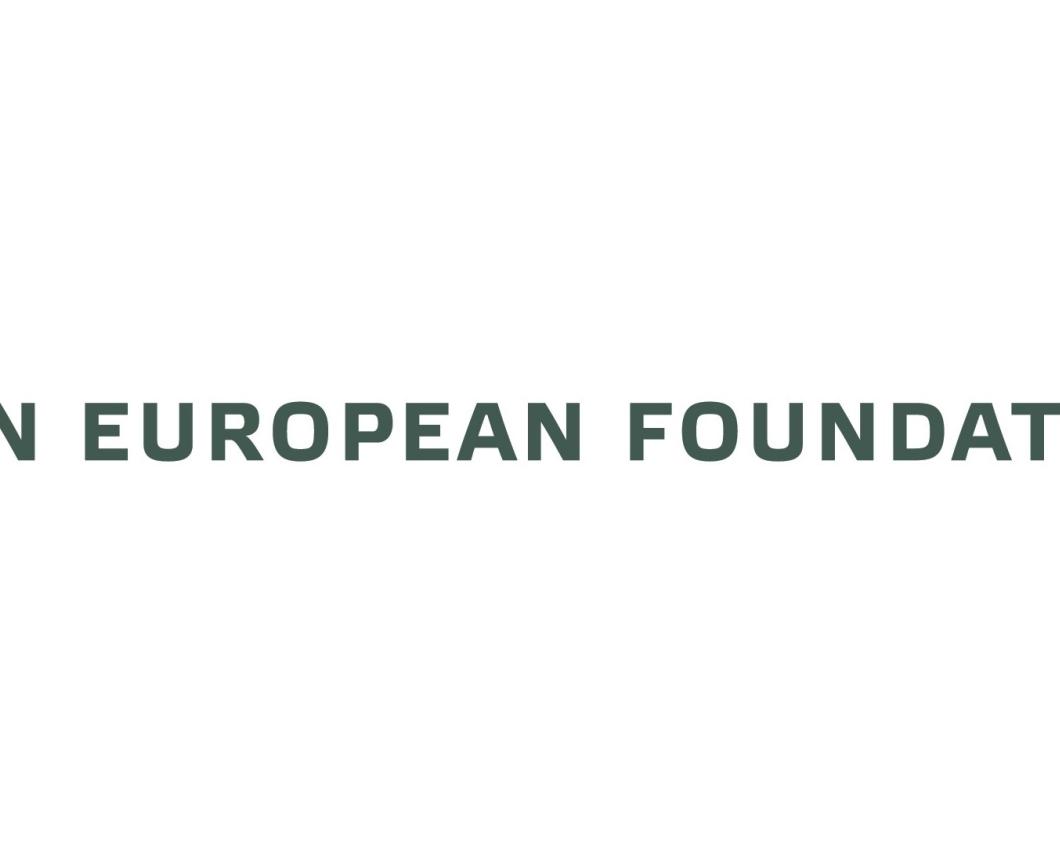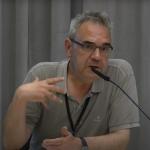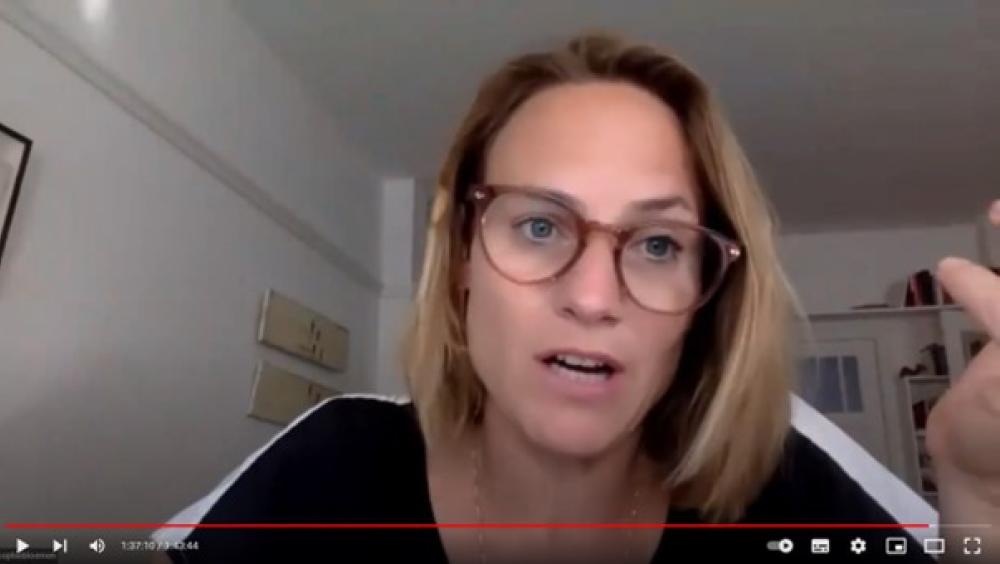Scientists increasingly doubt whether we can stop the climate and ecological crises as long as our economy continues to grow. So we had better prepare for a future without GDP growth. In fact, the degrowth movement, which is rapidly gaining popularity among activists and scientists, advocates the deliberate scaling back of overproduction and overconsumption to bring the economy back into balance with the living world, in a way that reduces inequality and improves human well-being.
But what would a farewell to economic growth mean for geopolitics? Can a European Union that is the first to enter the post-growth era still remain (or become) a global player? Will it be able to defend itself, its allies, democracy and the international rule of law against aggressive autocrats? After all, the power of countries and alliances is largely determined by their wealth and military capabilities. We see this in Ukraine: thanks in part to Western support, in the form of money and arms, the country manages to withstand Russia’s imperialist assault.
The transition to a post-growth society must be a democratic one. But that is far from obvious at a time when authoritarian regimes are invading or threatening their democratic neighbours.
On the plus side, a post-growth EU might gain resilience. Without economic growth, it will be easier for the EU to reduce its dependence on imported energy and raw materials. This favours strategic autonomy. It also provides an opportunity to move beyond the neo-colonial 'extractivism' that burdens relations with the global South.
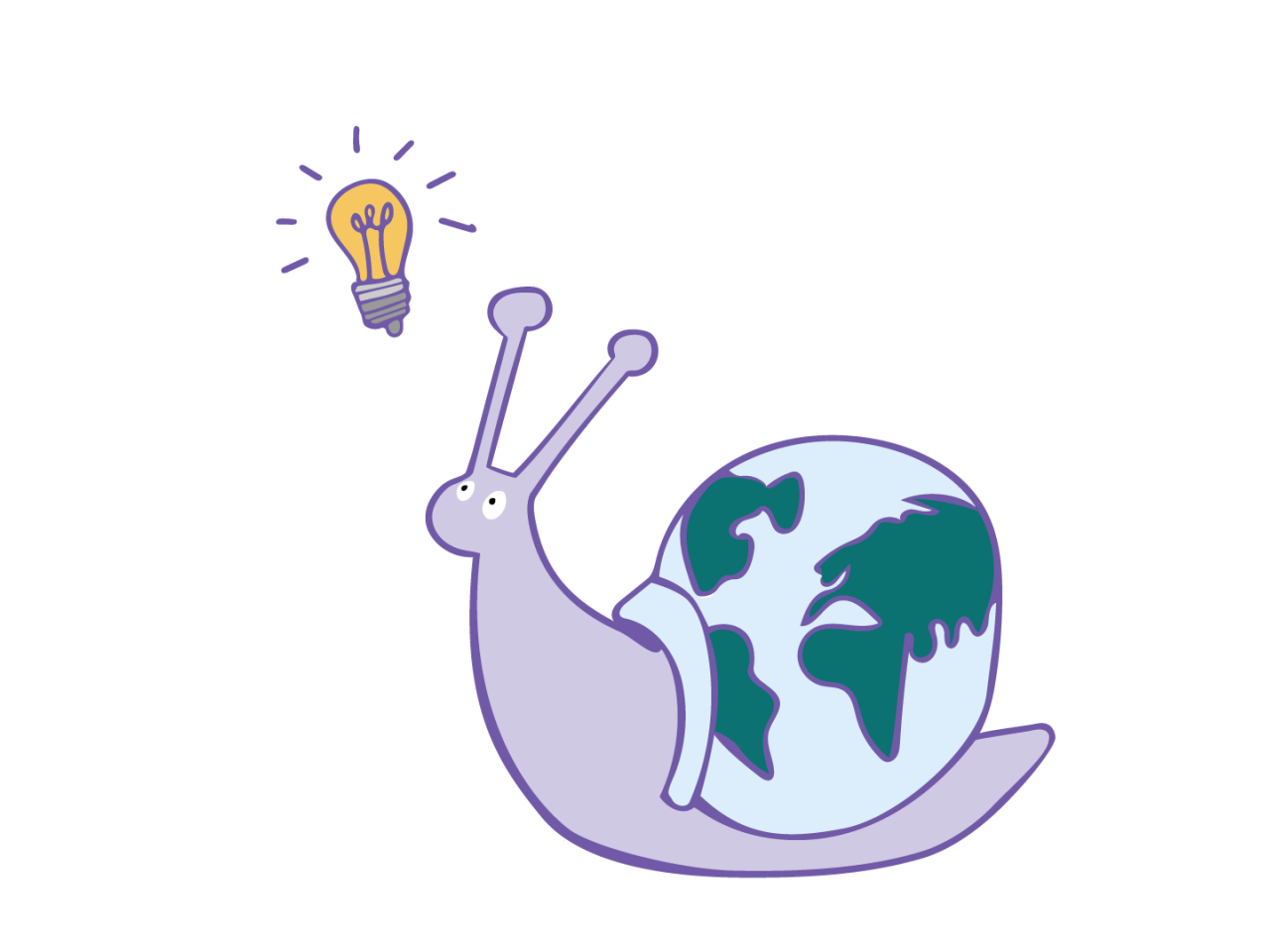
Transnational webinar
This webinar will take place on Friday, 8 September, from 14:00 to 16:00 CEST. It is part of the Green European Foundation's transnational project Geopolitics of a post-growth Europe. This project aims to start a conversation between critics of economic growth and geopolitical thinkers, who now often operate in separate circuits.
In this English-language webinar, we will identify points of contention and try to develop commonalities. After some brief introductions, there will be ample time for participants to have their say.
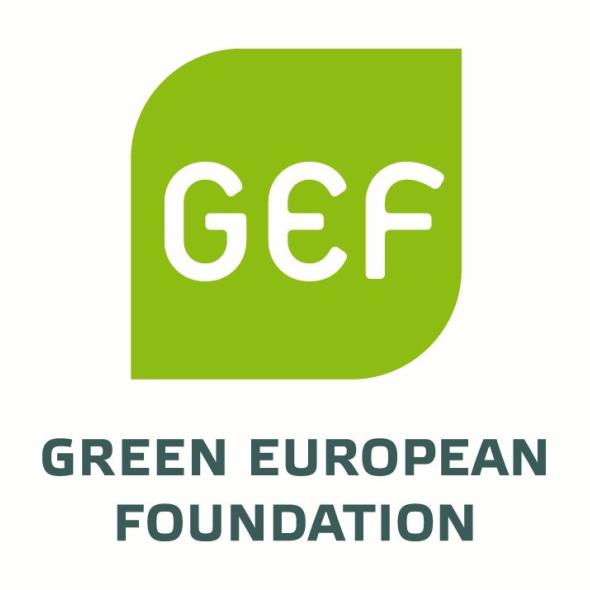
Green European Foundation
The transnational project Geopolitics of a post-growth Europe is organised by the Green European Foundation with the support of Wetenschappelijk Bureau GroenLinks (NL), Fondation de l'Écologie Politique (FR), Etopia (BE), Transición Verde (ES), Bluelink Foundation (BG), Centre for Green Politics (RS) and Green House Think Tank (UK), and with the financial support of the European Parliament to the Green European Foundation.
If you want to be informed about seminars and webinars on post-growth and geopolitics, subscribe to the newsletter of the Green European Foundation.
